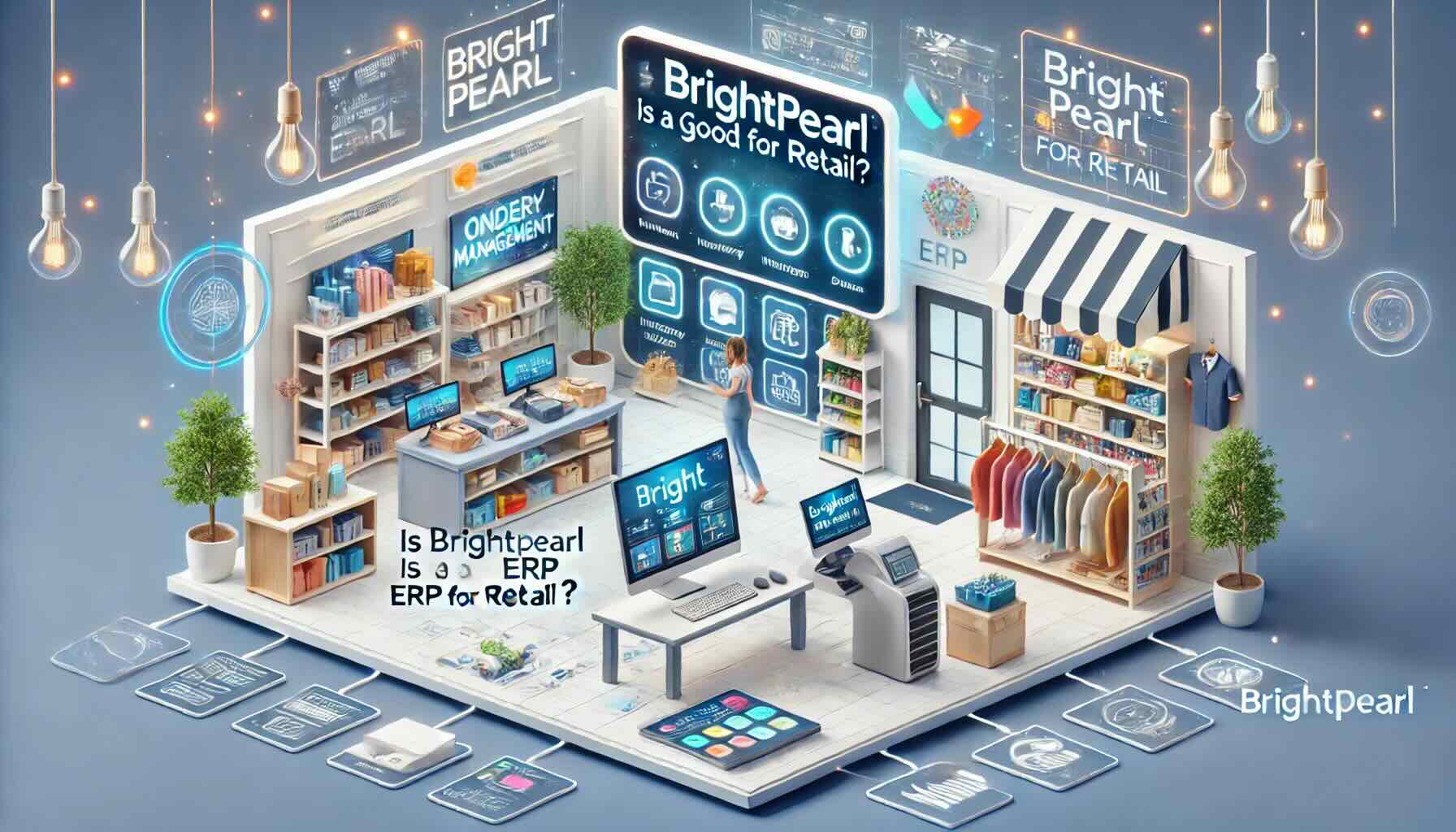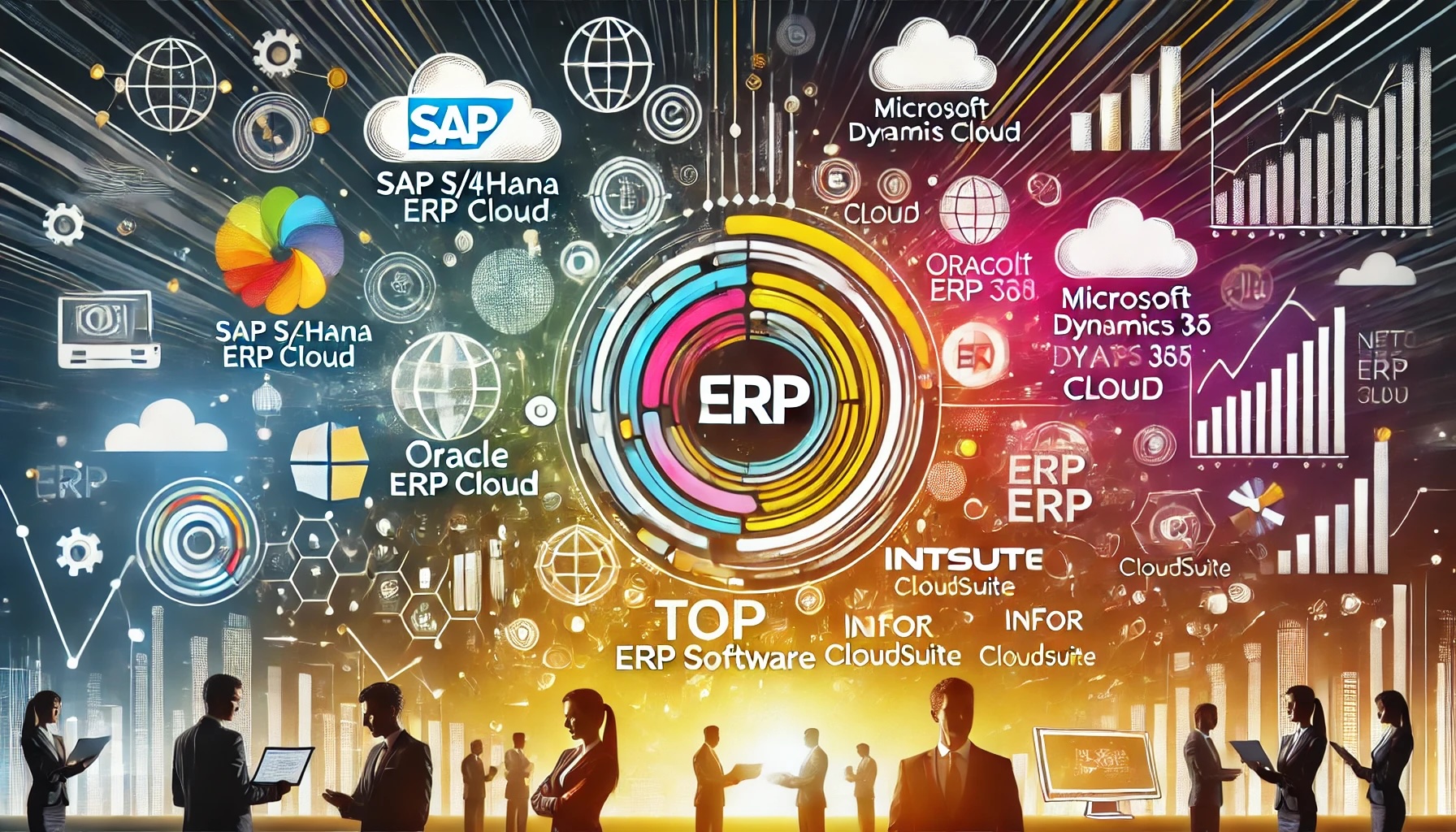Compare ERP for Non-Profit Businesses

Non-profit organisations (NPOs) face multiple challenges: working within significant budget constraints, they require rigorous and comprehensive management of funding and grants, ensuring they collect the relevant data needed to report back to stakeholders and funding bodies. With the right ERP system, they can maximise these processes for efficiency and transparency.
It’s crucial that NPO leaders find the right infrastructure to support both their mission and operational needs. NPOs, by nature, require ERP solutions that are not only cost-effective but also flexible enough to accommodate the scope of activities they deliver. Let’s compare ERP for non-profit businesses, taking a closer look at solutions from six key vendors.
Acumatica
With a cloud-based platform, Acumatica offers a comprehensive suite with robust financials, project accounting and CRM capabilities. Its NPO edition focuses on streamlining operations, improving donor and fund management and advancing reporting capabilities. Acumatica is most appealing for its flexibility and scalability; however, NPOs should consider the total cost of ownership, particularly with subscription fees and extra customization costs. Click this link to find out more about Acumatica for non profit.
Oracle Cloud ERP
Oracle Cloud provides a suite of applications for NPOs that focuses on financial management, procurement, project management and HR. Its strengths lie in its ability to provide a depth of insight into financial performance and operational efficiency, support NPOs to make decisions strategically. The complexity and span of offerings, however, may bring challenges for smaller NPOs when it comes to implementation and sustained management. Click this link to find out more about Oracle Cloud ERP for non profit.
SAP S/4HANA
SAP S/4 HANA provides strong financial management, analytics and reporting tools that are essential for NPOs, standing out best for its capabilities in managing complex grand, funding and project accounting processes. Nonetheless, NPOs looking at SAP/HANA should consider the costs in licensing and implementation, alongside the need for specialized skills in order to fully leverage the ERP system’s capabilities. Click this link to find out more about SAP S/4HANA for non profit.
Unit4
Specializing in solutions for organizations in the service sectors, including NPOs, Unit4’s ERP solution provides strong functionalities in financial management, project management and HR. Emphasizing flexibility and user-friendliness, Unit 4’s commitment to the “people experience” aligns well with the values of many NPOs. This being said, organizations should ensure that both the scalability of the solution, and level of local support available, is appropriate for their needs. Click this link to find out more about Unit4 for non profit.
Workday
Offering a cloud-based ERP system, Workday integrates financial management, HR and planning in a single platform. With an intuitive design and real-time analytics, it provides NPOs with insights that can support them in driving their missions forward. However, NPOs should consider Workday’s pricing model and the requirement to adapt to its best-practice processes, which may necessitate changes in existing workflows. Click this link to find out more about Workday for non profit.
Microsoft Dynamics 365
Microsoft Dynamics 365 provides a comprehensive suite that can be tailored to the specific needs of NPOs, including financial management, CRM and operations. Its integration with other Microsoft products, such as Office 365, enhances productivity and collaboration. NPOs should consider the modular nature of Dynamics 365, which allows for phased implementations but may also result in additional costs for each new functionality. Click this link to find out more about Microsoft 365 for non profit.
Conclusion: Compare ERP for non profit
When comparing ERP for NPOs, there are significant factors to consider – namely cost, functionality, user-friendliness and the ability to meet specific non-profit demands around funding and grant management. The best choice will depend on the individual needs, size and resources of each NPO. In taking time to find the right ERP solution, NPO leaders can advance their mission, streamline operations and develop an organization that is robust, effective and sustainable long-term.
To compare these ERP solutions and many more, you can use our new AI-powered Compare ERP tool. It’s free to use and you get a guaranteed discount on your first year’s licence fees with a referral from Compare ERP.









